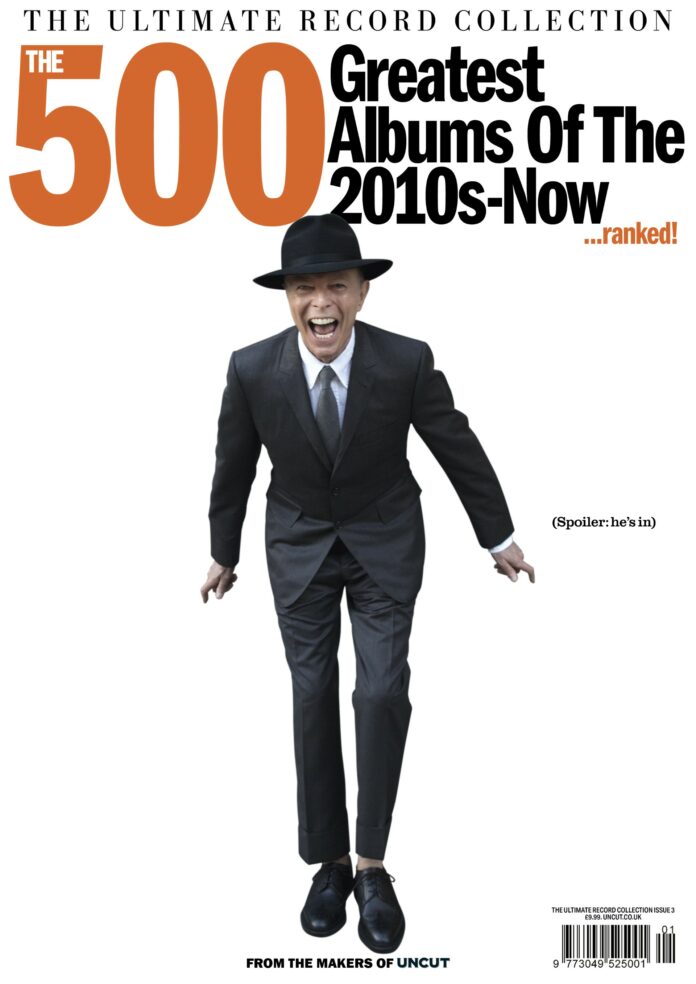You want it darker?
You want it darker?
In our introductions to other decades in this series, we’ve often spoken about bold innovations, and how the key recordings made in the period reflected wider cultural change. Since they’re so close at hand, it seems reasonable that it may take a while for the years we’ve covered in this new magazine, from 2010 to the present, to fully reveal themselves. Right now, though, the records that have reached the top of this list have got there because of – maybe in spite of – their weightiness.
Quite simply, the big hitters here are often making very serious music. Rightly, and heavily represented is Nick Cave, whose most recent albums cluster in the upper reaches of the chart. Of course, there’s Push The Sky Away, his breakthrough album of 2013 (in which he and Warren Ellis conspire to melt the traditional structures of popular song). But there are also two records born from personal calamity, the tragic death of his son Arthur. In 2016’s Skeleton Tree, recorded in the immediate aftermath, Cave’s continued experiments in sound and composition gave rise to a spartan, humming menace. Ghosteen, which arrived during the pandemic, was born from a more sustained and mystical meditation on these terrible events.
Although these and other records in this list are often deeply personal, something in them speaks to our collective times. It might mean Kendrick Lamar placing his ascent to hip hop royalty in a wider context of political extremism and negative social change. Or it might mean Leonard Cohen creating profound work, painted in sombre colours. Cohen had already wryly tipped a hat to his audience when he called himself “Leonard…A sportsman and a shepherd” on an album called Old Ideas. Impressively, he had the resource to do so again, and conflate the personal and the political in an even more serious fashion. It should almost go without saying that he would call it You Want It Darker?.
Most impressively, Cohen’s was a record which advanced the position taken by Johnny Cash’s American Recordings series nearly 20 years previously. Namely, how might an artist confront and transform their late life experience into something universal. 2016, the year in which Cohen (and Merle Haggard, and Prince) died also marked the passing of David Bowie. Blackstar, his final album, was more than a gravitas record, though. Instead, leaving life as he had lived it, Bowie made his passing his latest reinvention, a strangely moving and uplifting experience.
Older than most of his contemporaries, it was Bob Dylan who showed how it was done. You wanted it darker? Death was all around Rough And Rowdy Ways, but Dylan made himself its master: rollicking through the political horror of the past 100 years if only to show that what doesn’t kill you might make you stronger, and funnier, and cleverer than everyone else.
Of course Blackstar was released only eight years ago; the Dylan album a mere four. It may be that decades in the future a publication like this shines a light on far different parts of the musical decade. It may decide that times weren’t quite so serious that they warranted all this gravitas, and go on to praise different greats. It certainly may be so. Or, of course, it may not.
Enjoy the magazine. It’s in shops Friday. Or you can get one here.



